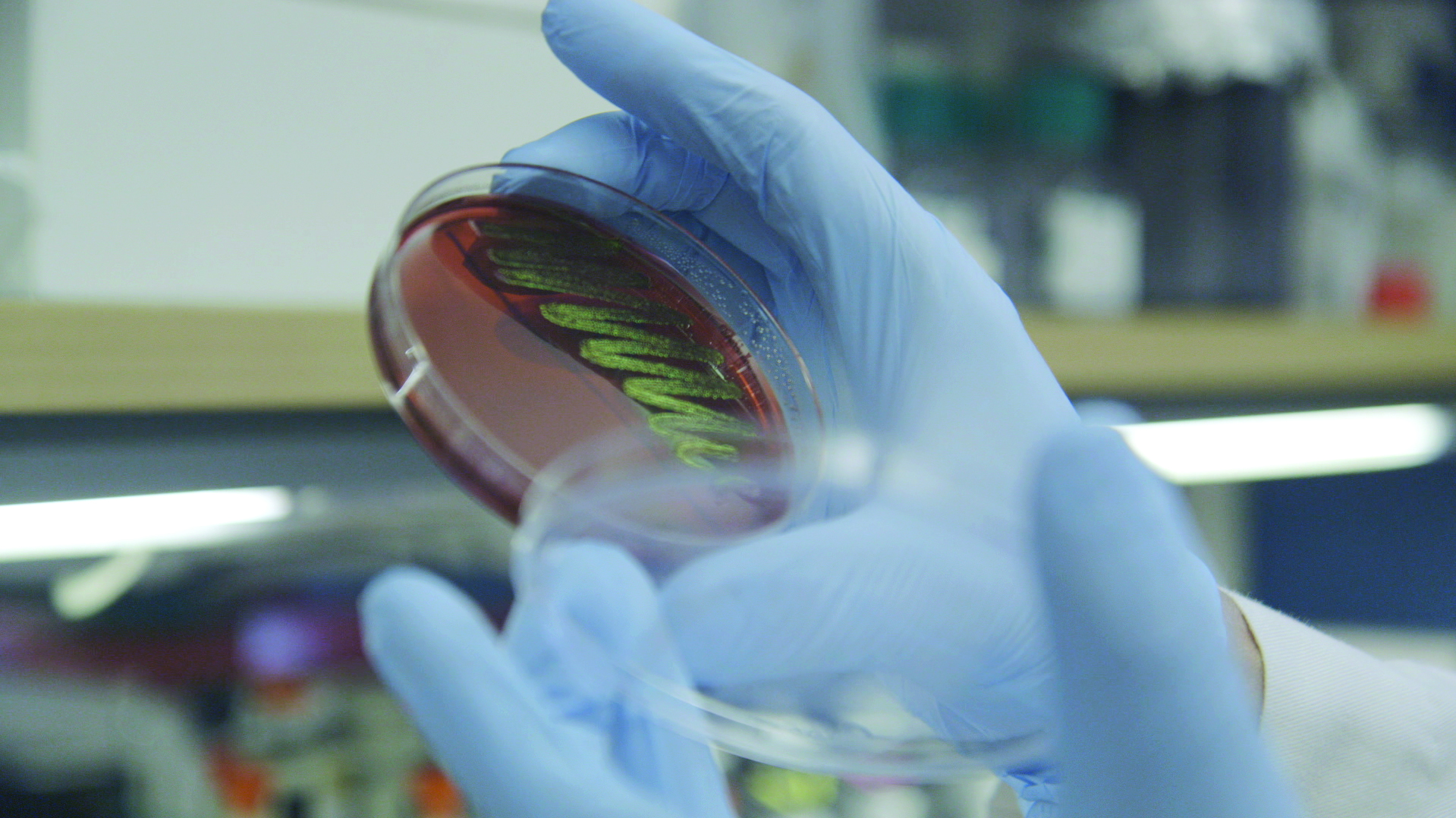The Investigative Reporting Workshop has created an interactive project that allows readers and viewers to learn about the consequences of the overuse of antibiotics in human medicine and food-animal farming.
The new site features the stories of people and hospitals struggling with superbugs; the misuse of antibiotics in agriculture; and the decline in antibiotics research among pharmaceutical companies.
Without the development of new drugs or the reduction of antibiotics in the agriculture industry, the Centers for Disease Control (CDC) predicts the United States may end up in a “pre-penicillin” era.
The head of the CDC called the problem “nightmare bacteria,” a reference to the growing number of bacterial infections that are resistant to antibiotics. According to recent research on the crisis, such infections will overtake cancer as the leading cause of death by 2050.
Other studies echo these findings. The United Nations warns that “antimicrobial resistance poses a fundamental, long-term threat to human health, sustainable food production and development.”
And The World Bank estimates the global gross domestic product could fall by $100 trillion because of antimicrobial resistance. Complicating the problem: A study by Pew and the CDC estimates 47 million unnecessary prescriptions for antibiotics are written in the U.S. each year.
Producers Larry Kirkman and Robin Mudge built on two previous PBS FRONTLINE and IRW co-productions: “Hunting the Nightmare Bacteria” and “The Trouble with Antibiotics.”
“The project is at the intersection of investigative and explanatory reporting,” Kirkman said, “with the goal of engaging and informing a wider audience about a public health crisis that they need to understand.”
This new interactive includes footage from the original programs, written and produced by Rick Young. It breaks into chapters the stories of people suffering from antibiotic resistance; showcases additional interviews that did not air; and takes readers to annotated resources as well as visual explanations of the science behind antibiotics.
The aims were twofold: to give dedicated FRONTLINE viewers the ability to drill deeper into areas of a program they have a particular interest in and to draw in a new audience to IRW and FRONTLINE by making the stories easier to experience at a viewer’s own pace.
You can read about Addie and others in Survivors reflect on fighting drug-resistant bacteria.





